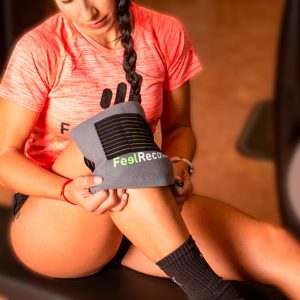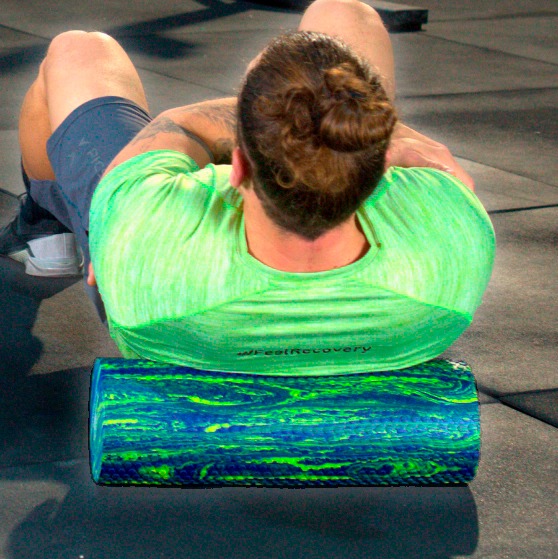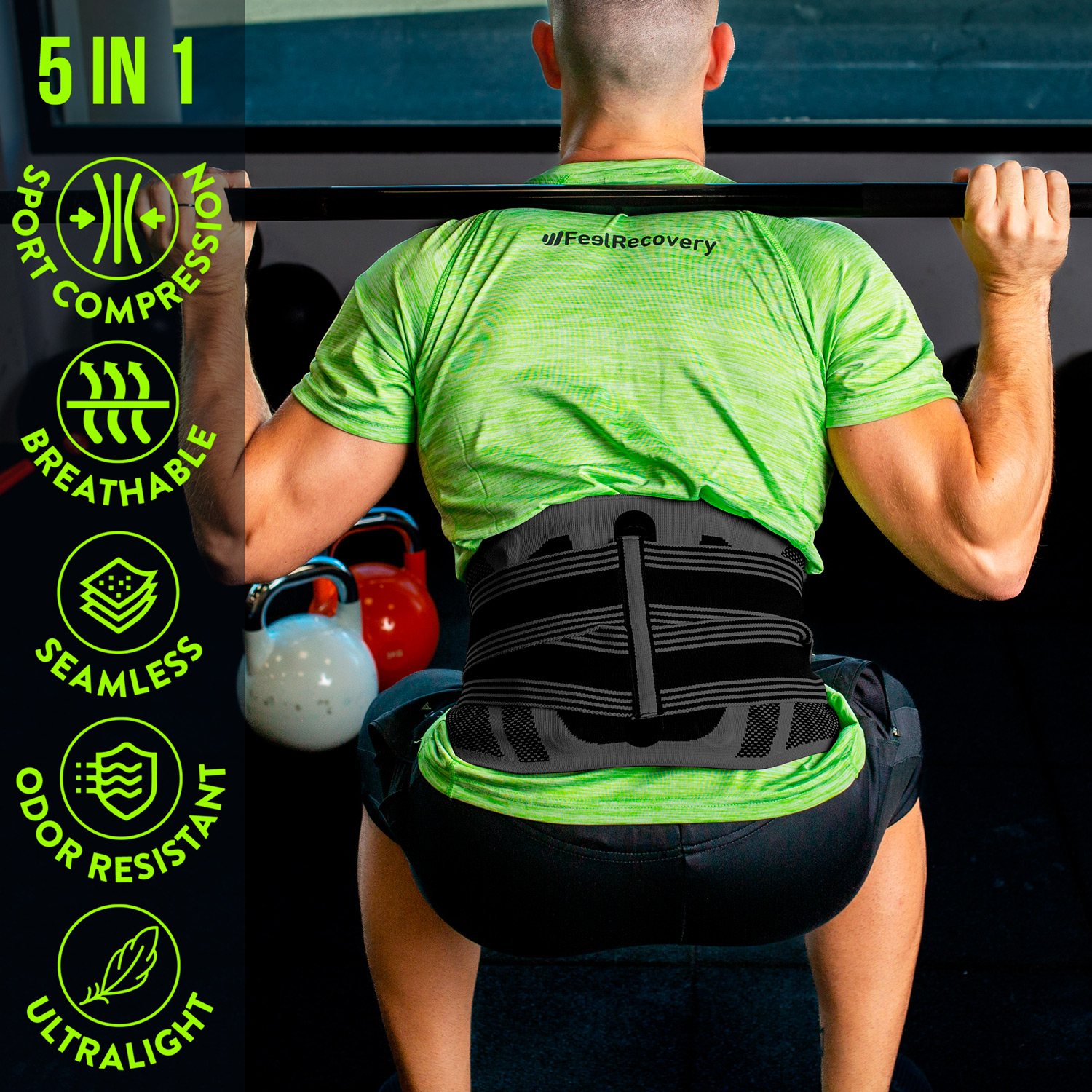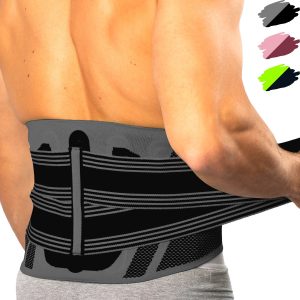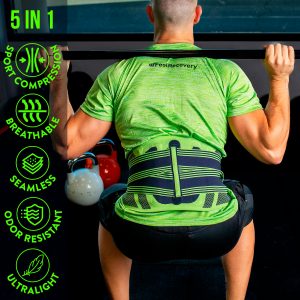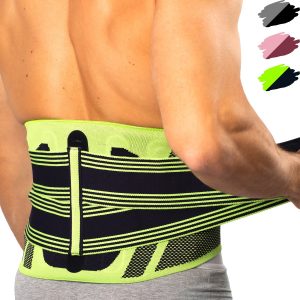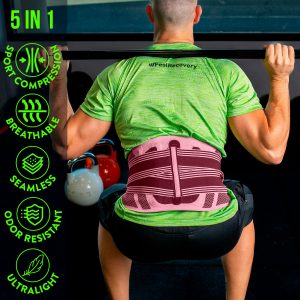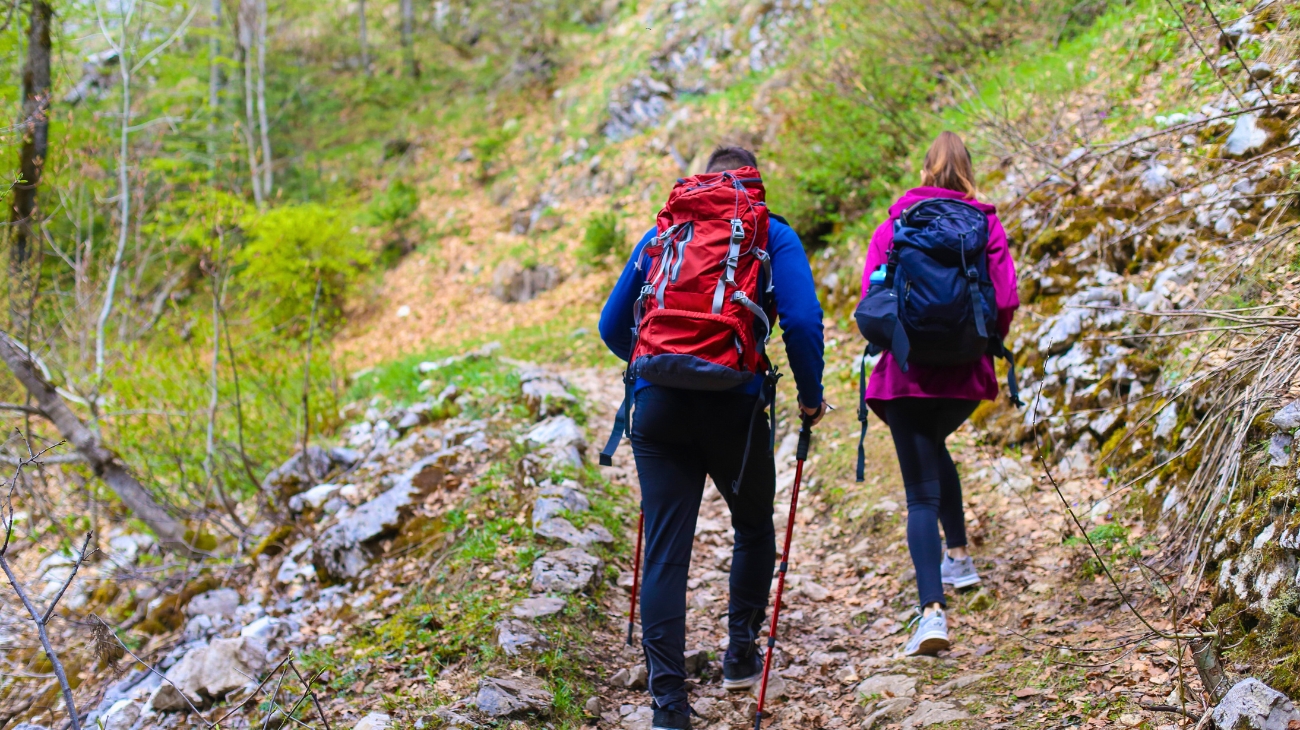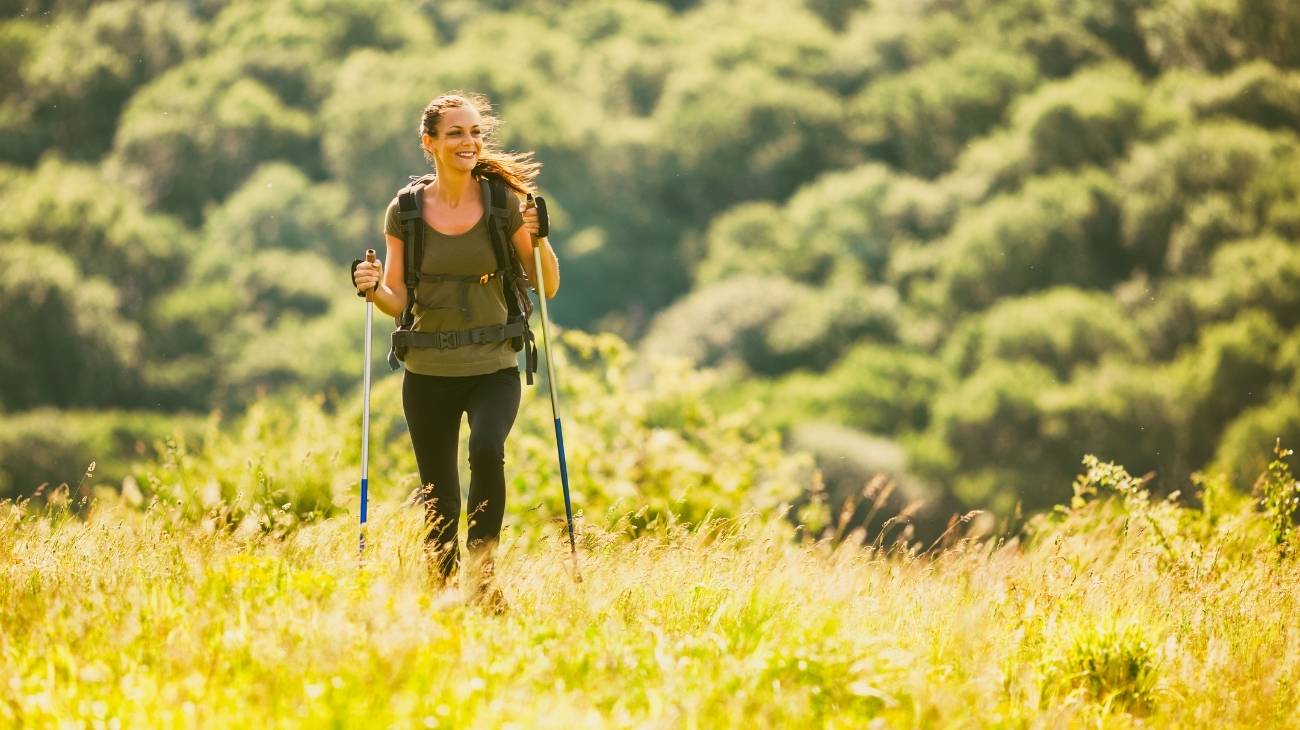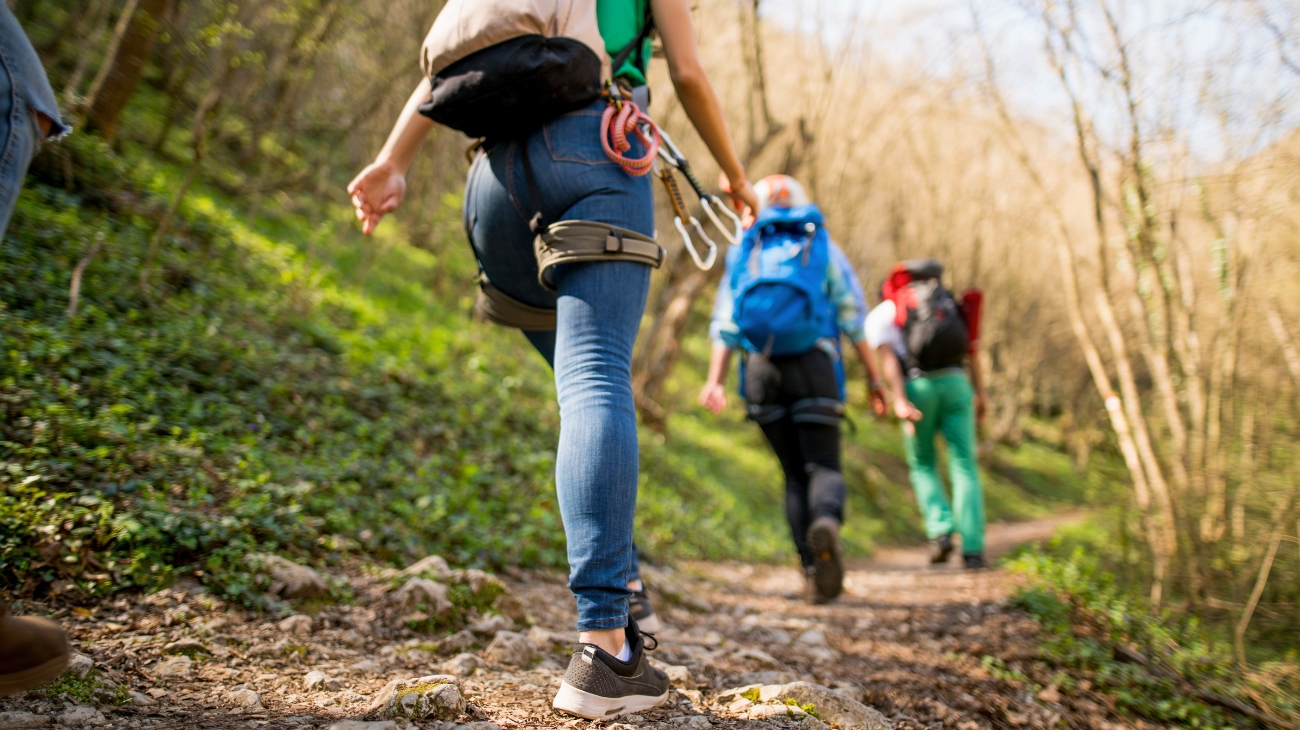Hiking offers a fantastic way to explore nature and stay fit, but it can also lead to lower back pain and discomfort. Whether you’re navigating rocky paths or carrying a heavy pack, your lower back endures significant strain. Lower back braces and lumbar support belts can make a world of difference by providing the support and stability needed to keep back pain at bay.
Lower back braces are designed to stabilize your lumbar spine and reduce excessive movement that can lead to injuries. By compressing and supporting the lower back muscles, these braces help to alleviate existing pain and prevent further strain. This is especially crucial for hikers who suffer from chronic back pain or those recovering from an injury. With a lower back brace, you can confidently tackle uneven trails without worrying about back fatigue.
Lumbar support belts are another excellent option for hikers. These belts provide compression and support to the lower back while helping to maintain proper posture. Wearing a lumbar support belt reduces the load on your spine by distributing weight evenly across your hips and core. This helps to prevent lower back pain caused by carrying heavy backpacks on long hikes.
One of the key benefits of using lower back braces and support belts is their ability to enhance endurance and reduce fatigue. When your lower back is properly supported, your core muscles don’t have to work as hard to maintain balance and stability. This allows you to hike for longer periods without experiencing discomfort or exhaustion. Additionally, compression sleeves for the lower back can improve circulation, reduce inflammation, and speed up recovery after strenuous hikes.
Choosing the right back brace or lumbar support belt depends on your specific needs. For chronic back pain or post-injury support, opt for a rigid brace with adjustable straps to provide maximum stabilization. If you’re looking for general support and pain prevention, a flexible lumbar support belt made of breathable, moisture-wicking material is ideal. Ensure that the fit is snug but comfortable, providing adequate compression without restricting your movement.
When using lower back braces and lumbar support belts, it’s essential to wear them correctly. Position the brace so that it supports your lower spine without digging into your hips or ribs. For best results, combine your brace with proper hiking techniques, such as maintaining good posture and using trekking poles to reduce strain on your back. Regularly stretch and strengthen your core muscles to enhance the effectiveness of your brace and minimize the risk of injury.
By investing in a high-quality lower back brace or lumbar support belt, you can hike longer, recover faster, and protect your spine from injury. Enjoy the freedom of pain-free hiking and confidently explore new trails, knowing your back is well-supported and protected.
FAQ: Frequently Asked Questions
What are the benefits of using a lower back brace for hiking?
Lower back braces provide stability, reduce pain, and prevent strain by supporting your lumbar spine during hikes. This helps you hike longer without discomfort.
How do lumbar support belts prevent back pain?
Lumbar support belts distribute weight evenly across your hips and core, reducing strain on your lower back and maintaining proper posture while hiking.
What is the difference between a lower back brace and a lumbar support belt?
Lower back braces offer rigid support for injuries, while lumbar support belts provide flexible compression and posture correction for general hiking support.
How should a lower back brace fit for hiking?
A back brace should fit snugly around your lower spine, offering compression without restricting movement or causing discomfort.
How do I care for my lumbar support belt?
Hand wash with mild detergent and air dry to maintain elasticity and support. Avoid high heat or harsh chemicals.


